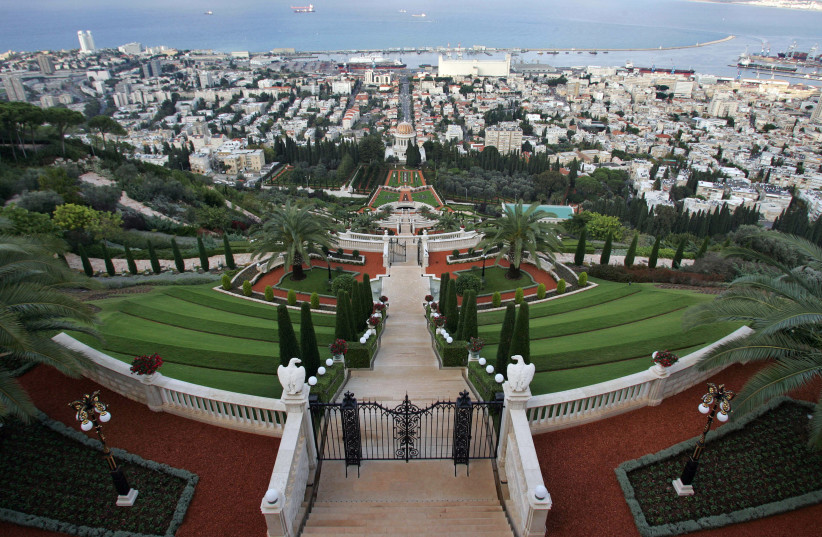The Baha’i International Community organization on Monday issued an appeal to the Qatari monarchy, urging the Emir of the tiny oil-rich nation to eliminate discrimination against Baha’is and permit the return of its members who were expelled from the Gulf country.
“We now appeal to him to let his deeds give weight to his words by protecting the Baha’is from discrimination, welcoming home those who have been expelled, and freeing these innocent people to live their lives and to serve the country they love,” wrote the Baha’i International Community in a statement.
According to the organization’s statement, “The persistent pattern of discrimination against Baha’is in Qatar is of growing international concern. The previous United Nations Special Rapporteur on freedom of religion or belief, Ahmed Shaheed, expressed his worry at the ‘precarious situation’ of the Baha’is in Qatar. And the United States Commission on International Religious Freedom has noted the situation ‘may constitute systematic and ongoing restrictions on freedom of religion or belief.”’
The Baha’i International Community organization requested that the Emir of Qatar, Sheikh Tamim Bin Hamad Al Thani, match his rhetoric with action with respect to his speech last month to the United Nations General Assembly, in which he said “ we believe in dialogue, joint action, and an attempt by each party to understand the other by putting himself in someone else's position in order to see things from the perspective of that other party.” The Emir also said, “No matter how diverse our nationalities, religions and ideas are, our duty is to overcome obstacles, extend a hand of friendship, build bridges of understanding and celebrate our common humanity.”
The Baha’i International Community said, however, “in recent decades a growing number of Baha’is have been blacklisted, denied the renewal of their residency permits or the 'certificates of good conduct' essential for employment, and barred from working in certain sectors. In many cases, individual Baha’is have been forced to separate from their families and to leave the country, despite their families having lived in Qatar for many generations.”

Qatar's constant refusal to correct human rights abuses
Qatar is a Muslim-majority state that has been sharply criticized over the years for its persecution of the LGBTQ community (Qatar's regime imposes the death penalty on gays), women, and foreign domestic workers.
Qatar's regime frequently refuses to correct its human rights abuses, according to NGO reports who monitor human rights violations in the Middle East. "Qatar made a commitment to protect the rights of all to believe and to manifest their beliefs when it acceded in 2018 to the International Covenant on Civil and Political Rights. Baha’is in the country have therefore sought resolution and redress from the Government – on many occasions – but no response has been given to their appeals for the respect of their dignity and rights," wrote the Baha’i International Community.
